
This second open access volume of the handbook series deals with detectors, large experimental facilities and data handling, both for accelerator and non-accelerator based experiments. It also covers applications in medicine and life sciences. A joint CERN-Springer initiative, the “Particle Physics Reference Library” provides revised and update...

This open book on the history of the National Radio Astronomy Observatory covers the scientific discoveries and technical innovations of late 20th century radio astronomy with particular attention to the people and institutions involved. The authors have made extensive use of the NRAO Archives, which contain an unparalleled collection of documents ...

This open book reports on cutting-edge electrical engineering and microelectronics solutions to foster and support digitalization in the semiconductor industry. Based on the outcomes of the European project iDev40, which were presented at the two first conference editions of the European Advances in Digital Transformation Conference (EADCT 2018 and...
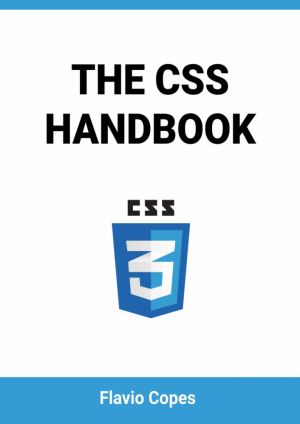
CSS, a shorthand for Cascading Style Sheets, is one of the main building blocks of the Web. Its history goes back to the 90's and along with HTML it has changed a lot since its humble beginnings.
This handbook is aimed at a vast audience.
- First, the beginner. I explain CSS from zero in a succinct but comprehensive way, so you can use thi...
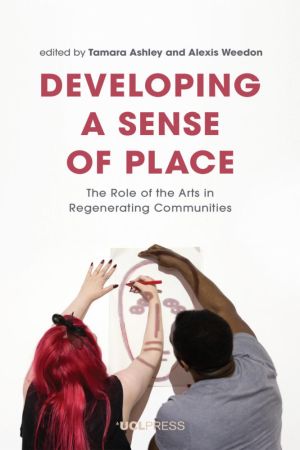
How do cultural planners and policymakers work through the arts to create communities? What do artists need to build a sense of place in their community? To discuss these issues, Developing a Sense of Place brings together new models and case studies, each drawn from a specific geographical or socio-cultural context.
Selected for their lasting ...

Academic Success is designed to help students on their university journey. It is divided into four parts, each reflecting different aspects of a student's tertiary experience. Part A: Successful Beginnings addresses what it is like to be a new student at an Australian university. Part B: Successful Foundations introduces basic skills in Englis...
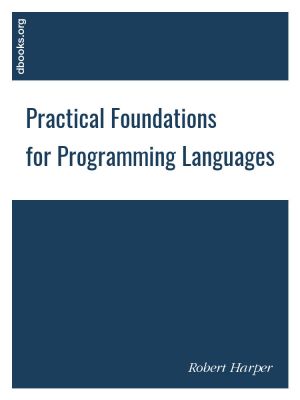
Types are the central organizing principle of the theory of programming languages. Language features are manifestations of type structure. The syntax of a language is governed by the constructs that define its types, and its semantics is determined by the interactions among those constructs. The soundness of a language design - the absence of ill-d...
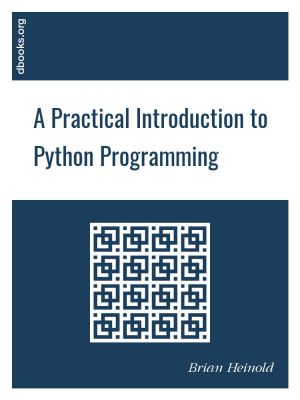
This book started out as about 30 pages of notes for students in my introductory programming class at Mount St. Mary's University. Most of these students have no prior programming experience, and that has affected my approach. I leave out a lot of technical details and sometimes I oversimplify things. Some of these details are filled in later ...
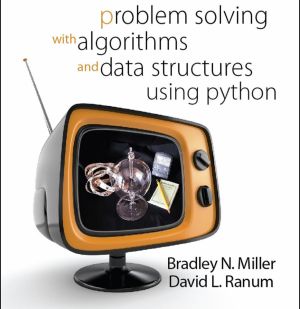
The study of algorithms and data structures is central to understanding what computer science is all about. Learning computer science is not unlike learning any other type of difficult subject matter. The only way to be successful is through deliberate and incremental exposure to the fundamental ideas. A beginning computer scientist needs practice ...
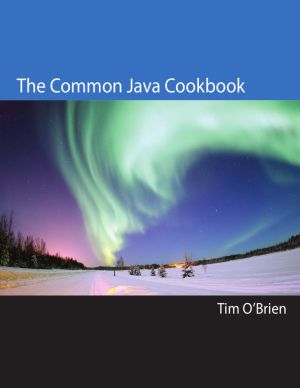
In this book, you'll find information about a set of libraries developed within the Apache Commons (also referred to as "Commons"). Commons is a set of small, popular components which forms a Top-level Project at the Apache Software Foundation. Ranging from the elementary to the complex, many would consider some of these libraries in...
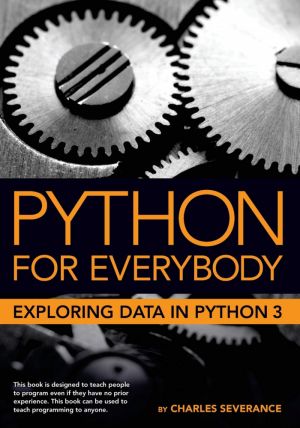
Python for Everybody is designed to introduce students to programming and software development through the lens of exploring data. You can think of the Python programming language as your tool to solve data problems that are beyond the capability of a spreadsheet. Python is an easy to use and easy to learn programming language that is freely availa...
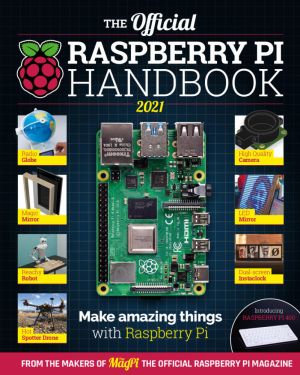
To help you get the most of out of your Raspberry Pi computer, this official Handbook features 200 pages of essential information, inspiring projects, practical tutorials, and definitive reviews.
- Learn how to set up your Raspberry Pi and start using it;
- Discover the new Raspberry Pi 400 and High Quality Camera;
- Be inspired by incredible ...
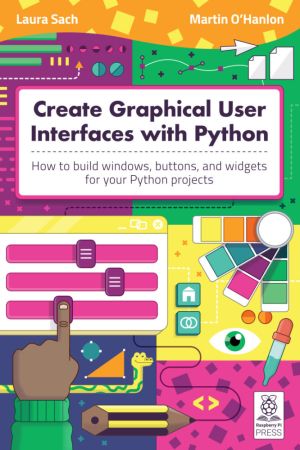
Add buttons, boxes, pictures and colours and more to your Python programs using the guizero library, which is quick, accessible, and understandable for all.
This 156-page book is suitable for everyone, from beginners to experienced Python programmers who want to explore graphical user interfaces (GUIs).
There are ten fun projects for you to c...
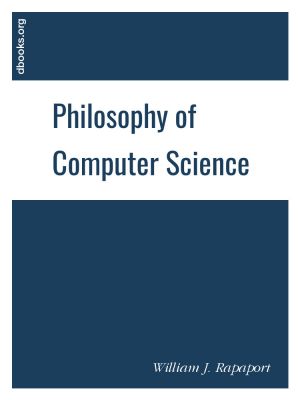
This book looks at some of the central issues in the philosophy of computer science. It is not designed to answer all (or even any) of the philosophical questions that can be raised about the nature of computing, computers, and computer science. Rather, it is designed to "bring you up to speed" on a conversation about these issues - to gi...
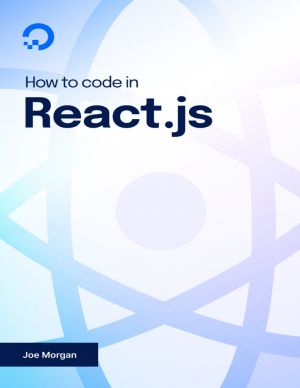
This open book is an introduction to React that works from the foundations upward. Each chapter takes you a little deeper into the React ecosystem, building on your previous knowledge. Along the way, you'll learn how to maintain internal state, pass information between parts of an application, and explore different options for styling your app...
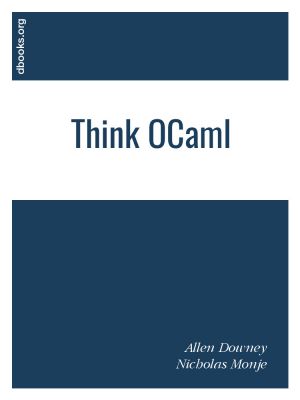
How to Think Like a Computer Scientist is an introductory programming book based on the OCaml language. It is a modified version of Think Python by Allen Downey. It is intended for newcomers to programming and also those who know some programming but want to learn programming in the function-oriented paradigm, or those who simply want to learn OCam...
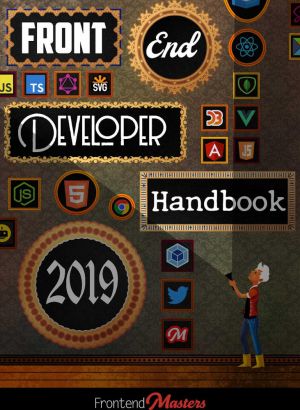
This is a guide that everyone can use to learn about the practice of front-end development. It broadly outlines and discusses the practice of front-end engineering: how to learn it and what tools are used when practicing.
It is specifically written with the intention of being a professional resource for potential and currently practicing front-e...
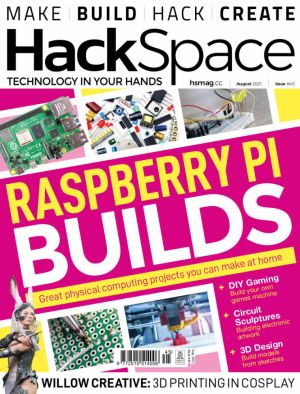
This issue we're paying homage to some of our favourite projects built on the Raspberry Pi. We're living in a golden age for experimentation, accessible making and digital discovery - and a large part of that is thanks to this teeny tiny computer. Just add imagination!
- How one maker achieved perfection (yes, really!) by embracing fai...
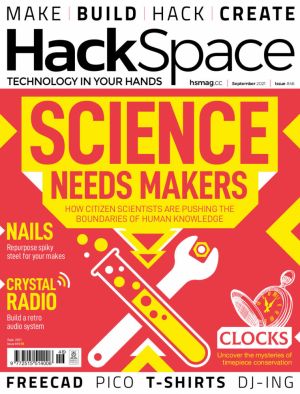
Anyone can be a scientist, and this issue we'll show you how. Whether you're interested in space, traffic, the oceans, or something else, there's a citizen science project for you. The world has never been more connected - so let's use that connectivity to make our planet better!
- We talk to a real-like scientist about the e...
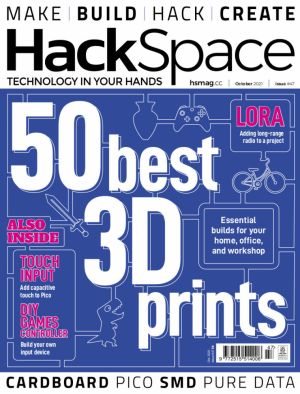
If your 3D printer is looking a little dusty and unloved, now's the time to put it to work: we've 50 of the best 3D prints to improve your home, office, workshop and more. From functional to frivolous, we've got ideas for you. It's time to unleash the awesome power of your printer!
- Oskitone: where 3D printing meets analogue...
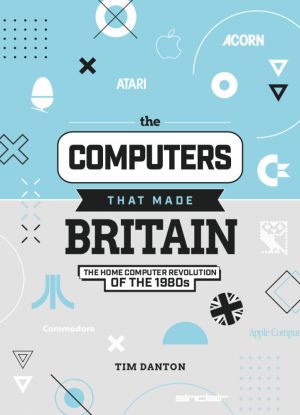
The home computer boom of the 1980s brought with it now iconic machines such as the ZX Spectrum, BBC Micro, and Commodore 64. Those machines would inspire a generation. Written by Tim Danton.
The Computers That Made Britain (300 pages, hardback) tells the story of 19 of those computers - and what happened behind the scenes. With dozens of new in...

This stunning 224-page hardback book not only tells the stories of some of the seminal video games of the 1970s and 1980s, but shows you how to create your own games inspired by them using Python and Pygame Zero, following examples programmed by Raspberry Pi founder Eben Upton.
In the first of two volumes, we remake five classic video games - ra...

Building Democracy for All is an interactive, multimodal, multicultural, open e-book for teaching and learning key topics in United States Government and Civic Life. It focuses on the importance of community engagement and social responsibility among middle and high school students core themes in the Massachusetts 8th Grade History & Social Sci...
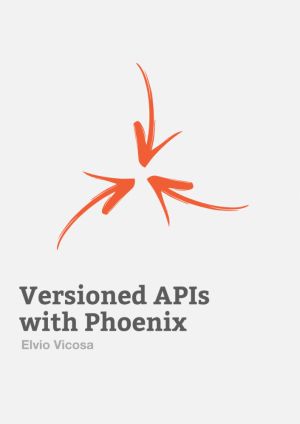
To build a house, it's necessary to go through different phases before stacking the first brick. The architect needs to pay attention to everything, drawing all the technical details and documenting the architecture design.
After the drawings are finished, the construction materials need to be chosen and things like the brick type, the insu...
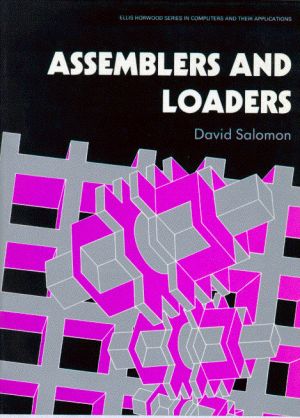
Covering the design and implementation of assemblers and loaders, this comprehensive book opens with an introduction to one-pass and two-pass assemblers. Important concepts such as absolute and relocatable object files are discussed, as are assembler features such as local labels and multiple location counters. The format, meaning and implementatio...
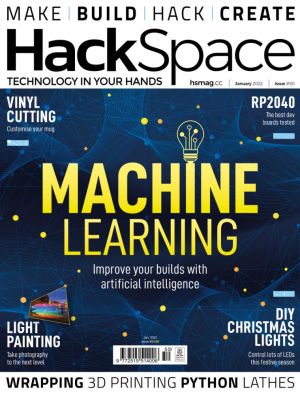
Machine learning used to be the preserve of university research departments with money to burn on high-power, high-cost kit - but not any more! Thanks to a new breed of affordable dev boards, anyone can get in on the act at pocket money prices. We've trawled the makersphere for the best, most creative machine learning projects to show just wha...
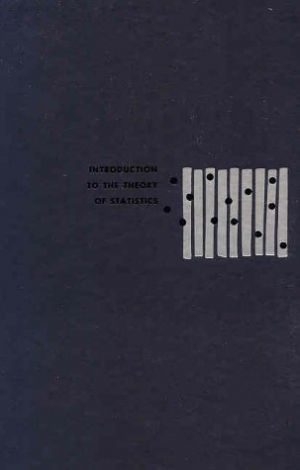
The purpose of the 3rd edition of this book is to give a sound and self-contained (in the sense that the necessary probability theory is included) introduction to classical or mainstream statistical theory. It is not a statistical-methods-cookbook, nor a compendium of statistical theories, nor is it a mathematics book. The book is intended to be a ...
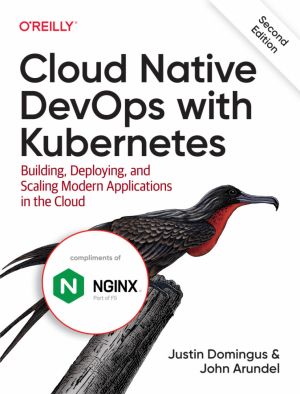
Kubernetes has become the operating system of today's cloud native world, providing a reliable and scalable platform for running containerized workloads. In this friendly, pragmatic book, cloud experts Justin Domingus and John Arundel show you what Kubernetes can do-and what you can do with it.
This updated second edition guides you through...
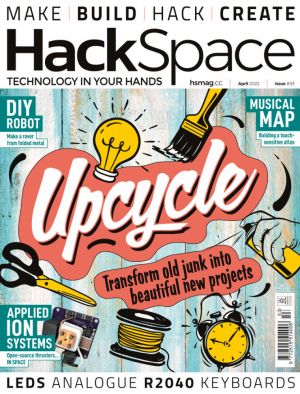
Things fall apart, the centre cannot hold. That's why repair skills are so important! This month we're talking upcycling - the art of making beautiful new projects out of old junk.
Plus: what happens when your just-for-kicks project turns out to be something that loads of people want? We talk to Timon Skerutsch, creator of the Piunora,...
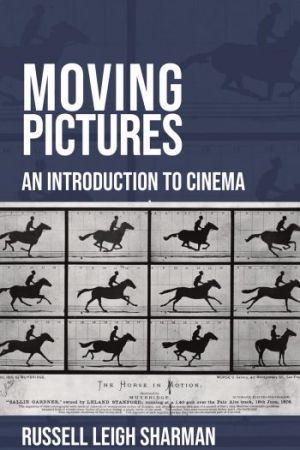
A free and open-source introduction to the art and science of cinema. From the earliest iterations to the latest innovations, this introductory text explores the tools and techniques of mise-en-scene, narrative form, cinematography, editing, sound and acting, how each has contributed to the evolution of cinematic language, and how that evolution im...
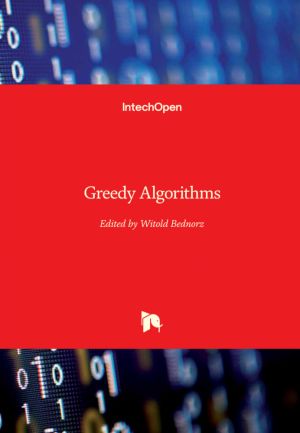
Each chapter comprises a separate study on some optimization problem giving both an introductory look into the theory the problem comes from and some new developments invented by author(s). Usually some elementary knowledge is assumed, yet all the required facts are quoted mostly in examples, remarks or theorems....
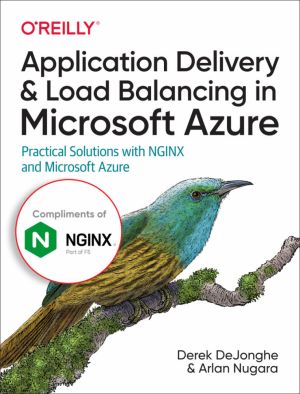
With more and more companies moving on-premises applications to the cloud, software and cloud solution architects alike are busy investigating ways to improve load balancing, performance, security, and high availability for workloads. This practical book describes Microsoft Azure's load balancing options and explains how NGINX can contribute t...
